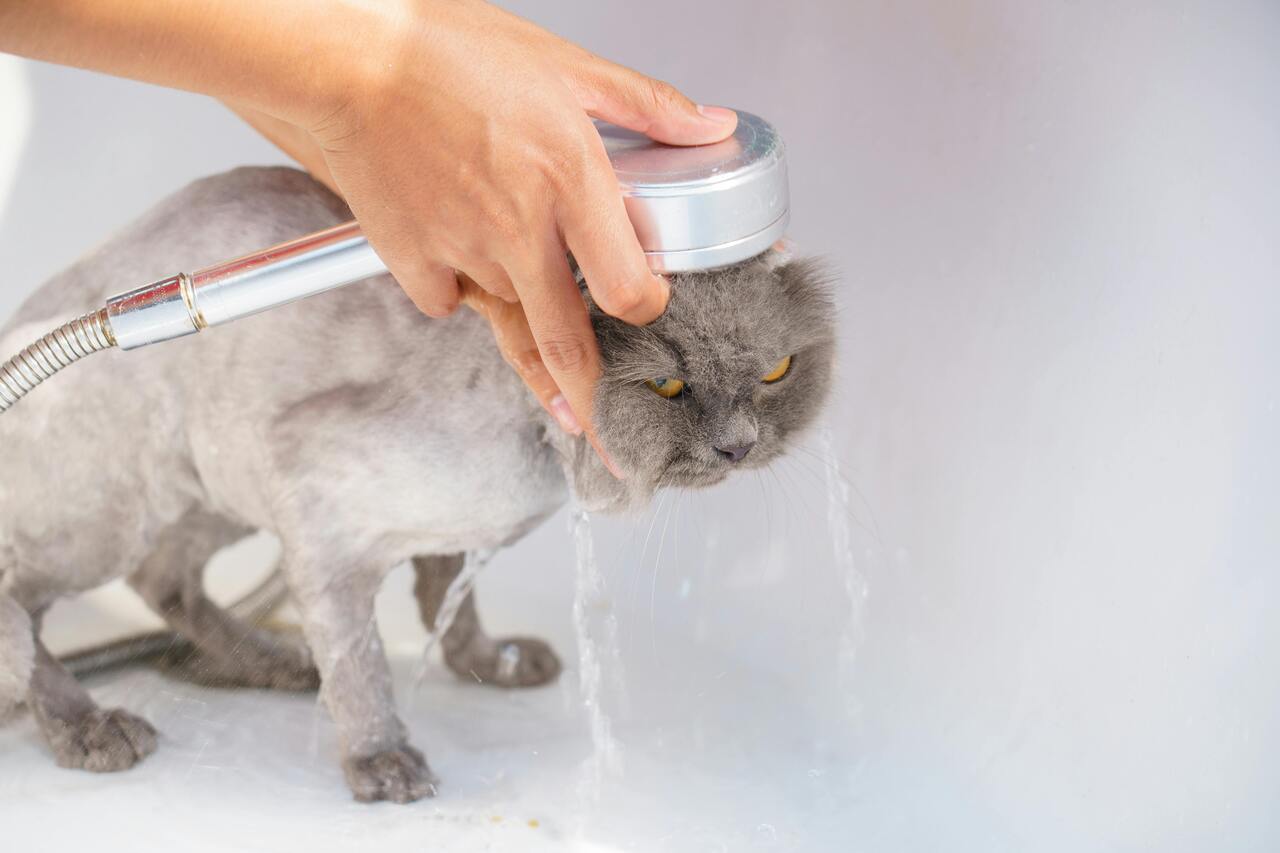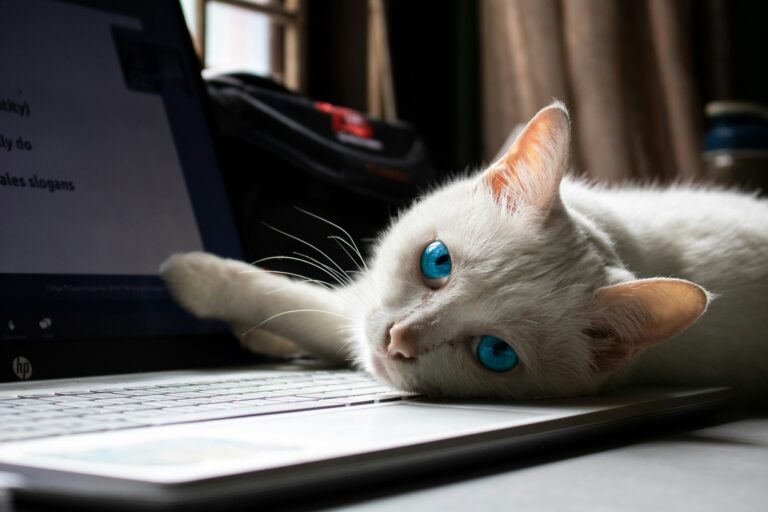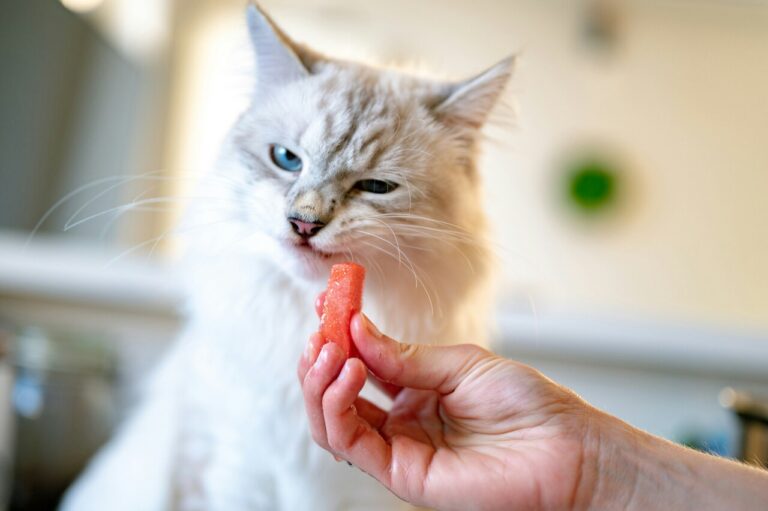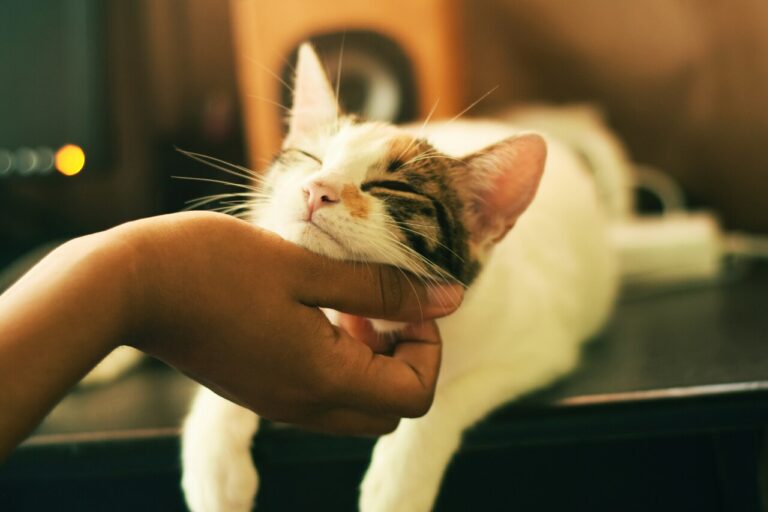Why Cats Don’t Like Water: A Deep Dive Into Feline Behavior
Cats and water have a famously complicated relationship. While some breeds, like the Turkish Van, are known to enjoy a good swim, most domestic cats will go out of their way to avoid getting wet. But what exactly causes this aversion to water? Here’s a breakdown of the science, psychology, and evolution behind why most cats just don’t like water.
1. Evolutionary Background
Domestic cats (Felis catus) evolved from desert-dwelling ancestors, primarily the African wildcat (Felis lybica), which lived in arid regions with little exposure to large bodies of water. These cats didn’t need to swim or hunt in water, so their evolutionary path didn’t favor developing an affinity for it. Unlike dogs, who descend from wolves that may have needed to swim to hunt or migrate, cats never had a functional reason to engage with water.
Key Point: Water avoidance is ingrained in feline DNA due to their dry-climate ancestry.
2. Sensory Sensitivity
Cats are known for their heightened senses—especially touch. Their fur is not water-repellent like a duck’s; when wet, it becomes heavy, uncomfortable, and takes a long time to dry. This can throw off their agility and body temperature regulation, making them feel vulnerable.
Additionally, many cats don’t like the sound or splash of running water. The unpredictable movement and noise can trigger anxiety, especially in skittish or high-strung cats.
Key Point: Water disrupts a cat’s finely tuned senses and comfort, making it physically and mentally unpleasant.
3. Loss of Control
Cats like to be in control of their surroundings. Water, especially in the form of a bath or a spray, is unpredictable. The slippery surface, the rushing noise, and the sensation of being drenched can all contribute to a sense of panic or loss of control.
Even something as simple as walking on a wet floor can cause hesitation. Water affects their paw pads’ grip, making them feel unstable.
Key Point: Wet environments reduce control, which increases stress for cats.
4. Learned Behavior and Lack of Exposure
Many cats are simply not exposed to water in a positive context during kittenhood. Unlike dogs, who are often socialized to enjoy baths or play in puddles, cats are usually kept away from water. So when they do encounter it, it feels foreign and threatening.
If a cat had a negative experience—like being sprayed as punishment or falling into a bathtub—it can reinforce their fear for life.
Key Point: Negative or limited exposure reinforces water aversion.
5. Grooming Obsession
Cats are self-cleaning machines. They spend a significant portion of their waking hours grooming, and they do a good job of keeping themselves clean without help. Bathing with water can interfere with their natural scent and grooming rituals, which some cats find distressing.
Key Point: Cats prefer self-grooming and view external washing as invasive.
But Why Do Some Cats Like Water?
There are always exceptions to the rule. Certain breeds like the Bengal, Maine Coon, Turkish Van, and Abyssinian are known to enjoy water play. These cats might have different coat types, more curious personalities, or even a genetic disposition that makes water less aversive.
Some individual cats, regardless of breed, may also grow up around water and learn to enjoy it—especially if they associate it with fun, treats, or attention.
Conclusion
Cats don’t hate water out of sheer stubbornness—they have good reasons rooted in their evolution, biology, and psychology. While it’s important to respect a cat’s natural instincts, positive exposure and gentle desensitization can help some cats feel more comfortable around water.
So next time your feline bolts from the bathtub, remember: it’s not personal—it’s instinct. 🐱💧





